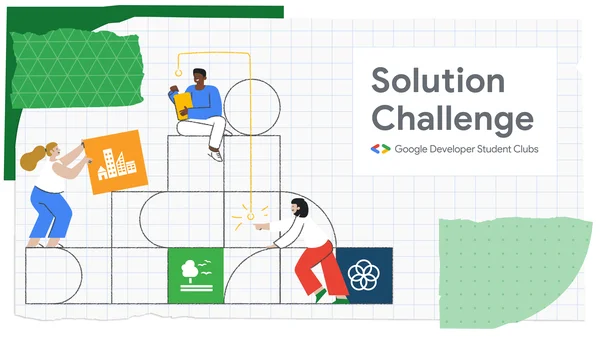As New York emerges from the COVID-19 pandemic, the tech sector continues to play a critical role in the city’s economic recovery. While hiring has slowed in many of the city’s industries, tech is still among the fastest areas of job growth. In fact, there were more openings for tech positions during the pandemic than in any other industry.
We believe the city’s good-paying tech jobs should be within reach of all New Yorkers. That’s why earlier this year we announced the Google NYC Tech Opportunity Fund — a $4 million commitment to computer science (CS) education, career development and job-preparedness to make sure every New Yorker, today and in the future, has the chance to get into tech.
With over 680,000 good-paying tech jobs, New York has more tech workers than any other U.S. city. That means for every one Googler in New York, there are over 50 additional tech jobs here. So we’ve extended our support for tech in New York beyond our own hiring to the city’s overall tech employment pipeline — starting from the classroom all the way to the office.
We’ve had some early success: We’ve trained 1,200 New York City high school students through our CS education programs like Code Next and the Computer Science Summer Institute (CSSI). Meanwhile, Grow with Google has partnered with over 530 organizations to train more than 430,000 New Yorkers on digital skills with the help of organizations like public libraries and chambers of commerce. We also launched an apprenticeship program where over 90% of participants nationally landed quality jobs in tech, including at Google, within six months of completing the program. And we’re supporting New York-based startups through Google’s Black Founders Fund and Latino Founders Fund.
With the Google NYC Tech Opportunity Fund, we’re going a step further. We’ve identified key areas we believe Google can help address larger systemic issues and where we’ll focus our investments.
Support for teaching early tech skills
P-12 students with access to CS classes in school are nearly three times more likely to aspire to have a job in the field. But to offer these courses, schools need teachers who are trained in computational skills. After supporting a CS teacher training program at Hunter College in 2021, we committed an additional $1.5 million to The City University of New York (CUNY) and Hunter College to help them train more CS teachers and incorporate computational thinking into their curricula.
New York City's public libraries are essential learning environments for many, especially in under-resourced communities. Thousands of teens use the city’s three library systems annually to get college and career mentoring, build digital literacy, borrow books and more. So we granted a total of $1.5 million to Brooklyn Public Library, The New York Public Library and Queens Public Library to help them create special teen centers. These spaces will offer access to technology, resources and programs teens need to develop essential career skills for the future.
Resources for job seekers
We’re also providing a $1 million Google.org grant to the New York City Employment and Training Coalition (NYCETC) to assemble a consortium of leaders in tech education and workforce development, and to seed a grant fund for organizations that support BIPOC job seekers in NYC.
As part of this effort, we also offer free Google Career Certificates for community colleges, such as The State University of New York’s (SUNY) online center. Over 10,000 New Yorkers have already completed a Google Career certificate and built up their qualifications for high-demand tech jobs.
By taking steps to support students and those already in the workforce, we can help ensure all New Yorkers have access to career opportunities so the tech sector in New York really looks like New York.
 Announcing the top three winners of this year's GDSC Solution Challenge, as well as the people’s choice award.
Announcing the top three winners of this year's GDSC Solution Challenge, as well as the people’s choice award.
 Announcing the top three winners of this year's GDSC Solution Challenge, as well as the people’s choice award.
Announcing the top three winners of this year's GDSC Solution Challenge, as well as the people’s choice award.







 Google’s exploreCSR Program is helping Kean University students Eric Ponte and Xavier Amparo change the face of pill detection.
Google’s exploreCSR Program is helping Kean University students Eric Ponte and Xavier Amparo change the face of pill detection.

 We are thrilled to announce the 2023
We are thrilled to announce the 2023